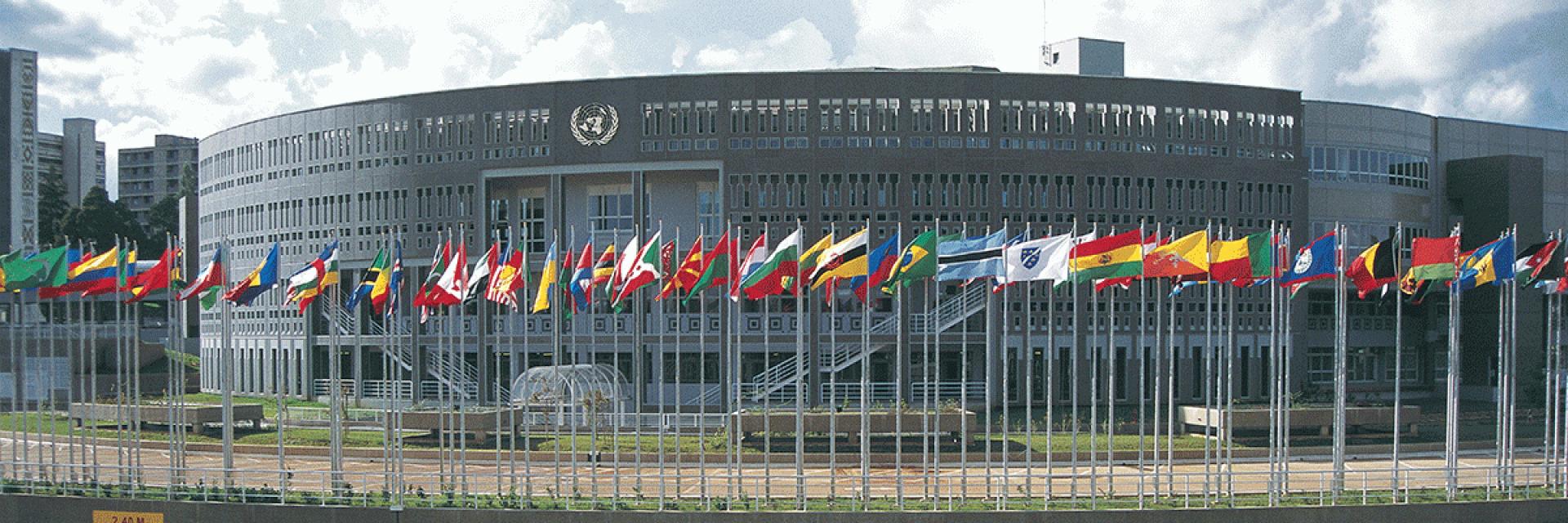Digital technology is increasingly blurring the lines between the physical, digital and biological spheres and is rapidly changing the way people live, work and communicate. The public sector is a case in point; in terms of policies, institutions, strategies and tools, there is no longer a clear distinction or separation between government and e-government.
With the evolution of digital government, public administrations and institutions around the globe have been irreversibly transformed—both structurally and in terms of the dynamic between Governments and the people they serve. These observations draw from two decades of analytical research and the monitoring of trends within the framework of the United Nations E-Government Survey.
While nearly every country is engaged in the process of digitalization, not all have achieved the same level of development, and while institutions at all levels are committed to modernization and digital transformation, approaches and outcomes vary greatly. Not all countries are able to achieve the same sustainable development gains through e-government development, and the benefits to communities and vulnerable segments of the population have been disproportionate and uneven. The COVID-19 pandemic has further exposed e-government divides between and within countries at the regional, national and local levels.
The United Nations E-Government Survey, a biennial publication of the United Nations Department of Economic and Social Affairs (UN DESA), was conceived and continues to be recognized as a valuable measurement and development tool, serving as both a monitoring mechanism and a guiding framework for public sector digitalization. The twelfth edition of the Survey offers further evidence of the ongoing shift from the traditional technocratic e-government approach of the early 2000s to a digital development agenda that is policy oriented, data-centric and politically driven, and it further illustrates how e-government has expanded and evolved from siloed approaches in a handful of high-income countries to whole-of-government and whole-of-society approaches in virtually all countries around the globe. In a very real sense, digitalization is redefining and transforming the way Governments operate.
Please click here for the full Concept Note

